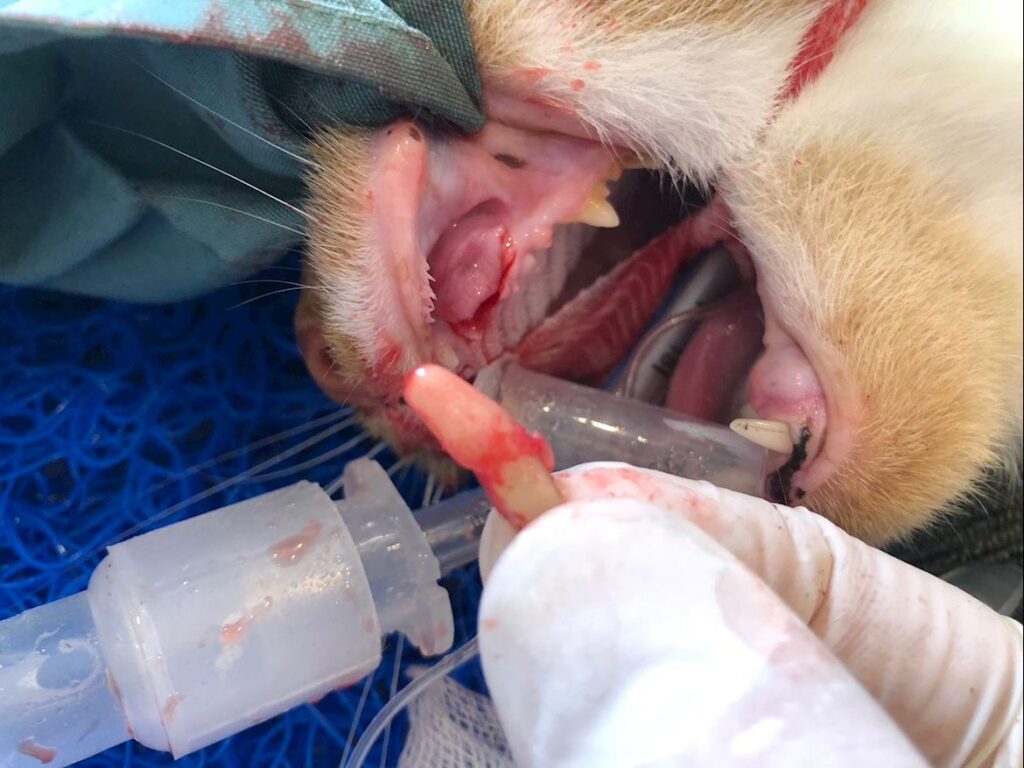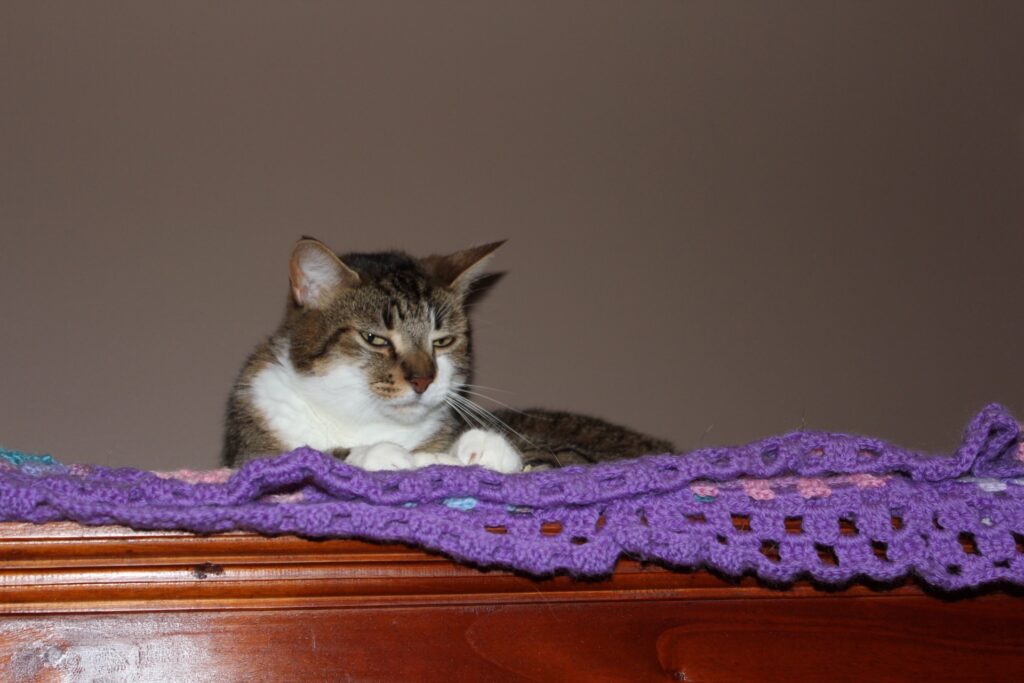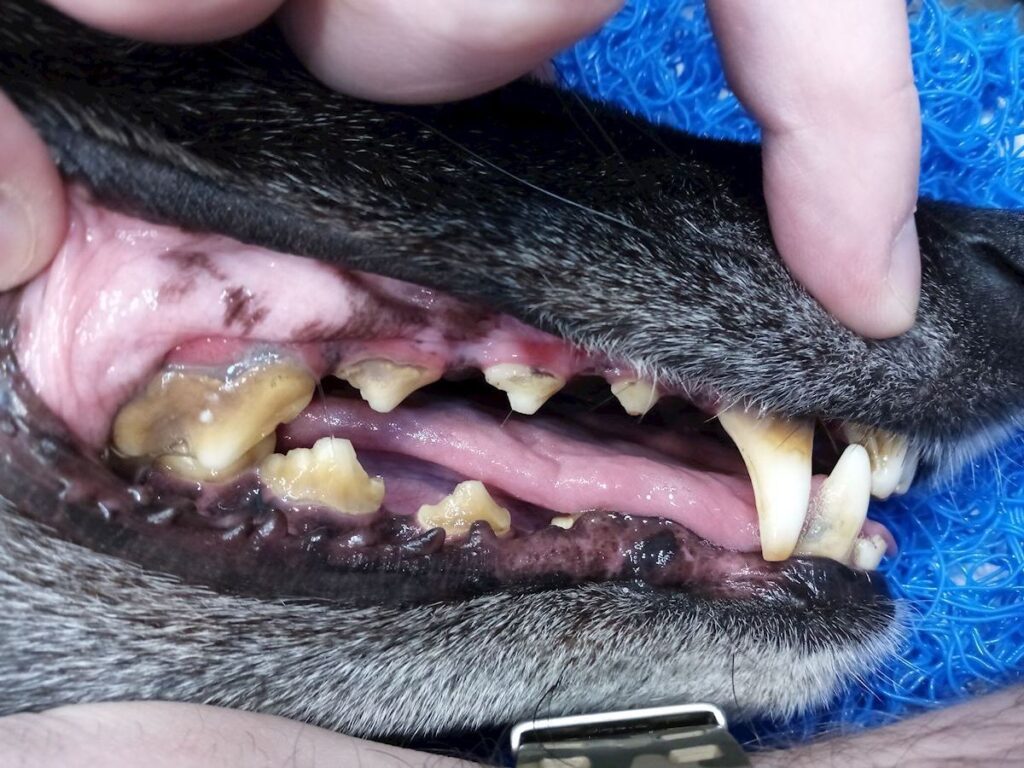Cushing Disease dogs – Canine hyperadrenocorticism, Canine hyperadrenocorticism is a hormonal disorder that affects dogs and other animals. It is caused by an overproduction of the hormone cortisol, which is produced by the adrenal gland. Cortisol plays a role in regulating many body processes, including metabolism, the immune system, and the stress response. Symptoms…
Read MoreClinical pathology involves the laboratory evaluation of blood, fluids or body tissues in order to identify existing disease. Common laboratory tests include blood chemistries, complete blood counts, blood clotting times, urinalysis, faecal tests, biopsy examination, cultures and infectious disease testing. Our animal hospital is equipped with an in-house laboratory that allows our veterinarians to quickly…
Read MoreBy Dr Phil Sacks Kidney failure is a very common problem in older cats. As a veterinarian in private practice explaining the cause, prognosis and treatment and possible prevention of kidney disease is an every day occurrence. To start all pets should see a veterinarian at least once a year for a general clinical examination.…
Read MoreDental disease is the most common chronic problem in pets. Your Chihuahua is more likely to need a Chihuahua Dental than other dogs. A Chihuahua Dental is usually needed to control pain and infection in their small overcrowded oral cavity. Dental disease in Chihuahuas starts with tartar build-up on the Molar teeth and progresses to…
Read MoreBroken cat teeth are painful feline dental problems. Trauma is the most common cause of tooth fracture in cats. The upper canine teeth are the most common teeth to be fractured (broken). Canine teeth fracture when cats jump down from heights. The tips of these canine teeth often fracture from the impact. Why Feline Dentist…
Read MoreVaccination has revolutionised control of infectious disease in our pets. It is essential that all pets are adequately vaccinated to help protect the pet population as a whole. Responsible pet care requires kittens to be given their initial course of vaccinations, but this cannot protect them for the rest of their lives. Adult cats require…
Read MoreWhy Teeth Removal is Best When Your Patient Has Feline Stomatitis Know the signs of feline stomatitis and how to treat it! Based on information By Veterinary dental specialist John Lewis. Above: The feline Dental nursing team. Feline stomatitis is an exquisitely painful condition, and it can be a frustrating condition for pet owners and…
Read MorePenny loves chewing bones, and the biggest teeth in a dogs mouth are the upper fourth premolars – called carnassial teeth. They are the teeth Hyenas use to chew bones in Africa game parks. Penny fractured both of her carnassial teeth. She was presented to Canine Dental Hygiene Services. They diagnosed the slab fracture and…
Read MoreThe Older Cat – Twilight Years With improved medical care and an understanding of proper nutrition and a healthy lifestyle, humans are living longer. The same is true for our cats. The standard of nutrition has improved, our insight into disease has evolved and basic and specialized healthcare has improved enormously. The result is, our…
Read MoreGreyhound Vets are seeing more greys, both off the track, and greyhound rescues. Greyhound Dentists see pets with significant calculus, plaque, tartar and advanced gum disease. The Greyhound mouth appears to be smell and be painful is often referred to as “greyhound teeth” on the in rescue notes. Greyhound dental disease is often associated with…
Read More





